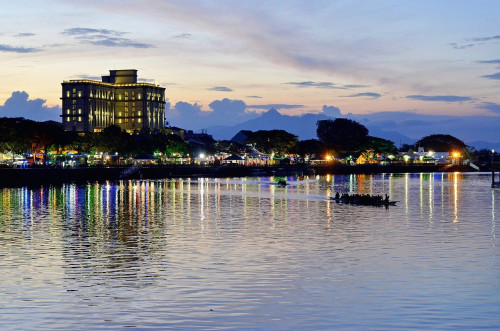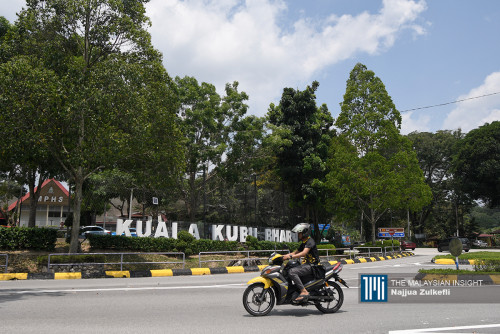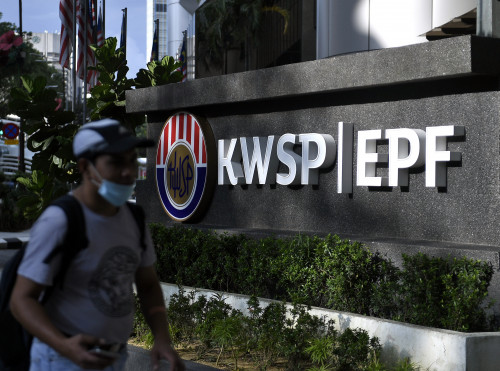WHEN Coldplay played in Jakarta last November, it is estimated to have boosted the Indonesian economy by approximately US$53.5 million.
Organising mega-concerts by international superstars is seen as an effective way to boost the economy and enhance the national image.
It’s understandable, then, that there is some envy around Southeast Asia over Singapore signing an exclusive deal for six concerts by Taylor Swift this week.
According to an estimate by LPEM Universitas Indonesia, the cascading effect on the national economy of the Coldplay concert was another US$27.6 million added to the country’s GDP, primarily benefiting the entertainment industry, transport and hospitality.
Like Swift, Coldplay played six concerts in Singapore.
The potential impact of multi-day concerts by both artists on Singapore’s economy is considerable.
The British band’s gigs were estimated to have added approximately US$296.1 million to the Singaporean economy, while Swift's concerts are expected to bring in around US$416.4 million, mainly due to higher ticket prices.
These are welcome numbers after the hard years of the Covid pandemic, where the live music industry declined by about US$30 billion globally.
Since the pandemic, figures will continue to improve due to pent-up demand for live music events.
In Indonesia, for example, there has been an increase in live music events since 2022 with numerous music festivals and the number of concerts featuring both foreign and domestic musical acts steadily increasing.
Use of public funds
Southeast Asia has become one of the most popular destinations for megastars, with rich rewards from a massive fan base.
While there is huge potential benefit in terms of economic activities in holding these mega concerts, there are also several risks for host countries to consider.
The verbal spat between officials from Singapore, Thailand and the Philippines has highlighted the potential impact of these mega-concerts on regional cohesion.
The Thai Prime Minister was not happy about the Singaporean government offering subsidies of US$2-3 million for each Taylor Swift show, provided the American singer did not play in any neighbouring country.
This move irritated the Thais, while a Philippine senator urged the Department of Foreign Affairs to seek an explanation from the Singaporean Embassy in Manila.
If Singapore's practice of offering government subsidies to attract global stars proves effective, other countries may follow suit.
This raises the question about whether subsidising foreign artists is a wise use of taxpayer money.
The allocation of public funds for these incentives comes at the expense of other government spending, which could potentially be more beneficial.
The use of public funds for mega-concerts certainly merits greater scrutiny regarding the benefits and drawbacks for the host country.
Implications for local talents
Then there is the question of how these mega-concerts can benefit the local music industry.
While these events generate significant economic activity, the broader implications for the local music industry and cultural landscape must be carefully considered.
The influx of international artistes as well as global audiences can provide local talents with a platform to showcase their abilities alongside established names.
This exposure can elevate the profile of local musicians and foster collaborations and learning opportunities. That way, the hosting of global mega-concerts can deliver advantages beyond mere economic gains.
Ultimately, while mega-concerts offer considerable benefits, they also require a balanced approach, considering the economic incentives and the potential risks involved.
Countries should strategise carefully on not only how to attract and host these large-scale events but also to leverage them in ways that support local industries, foster cultural exchange, and ensure sustainable development in the broader creative economy. – 360info, March 9, 2024
Yusuf Reza Kurniawan is a research associate at the Institute for Economic and Social Research, Faculty of Economics and Business, Universitas Indonesia.
Mohamad Dian Revindo is the head of the Business Climate and Global Value Chain Research Group at the Institute for Economic and Social Research, in the Faculty of Economics and Business, Universitas Indonesia.
Calista Endrina Dewi is a research assistant at the Institute for Economic and Social Research in the Faculty of Economics and Business, Universitas Indonesia.
Published under Creative Commons and in partnership with 360info.org.



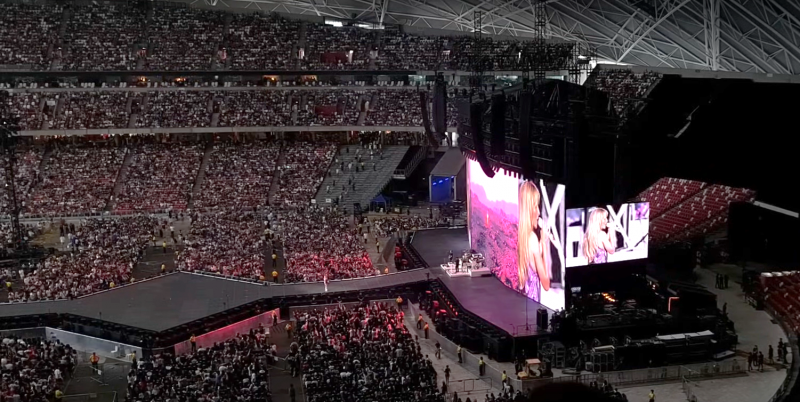
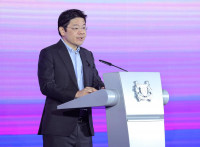
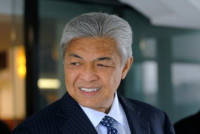


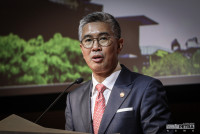
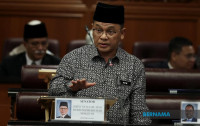


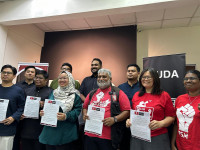
.jpg)

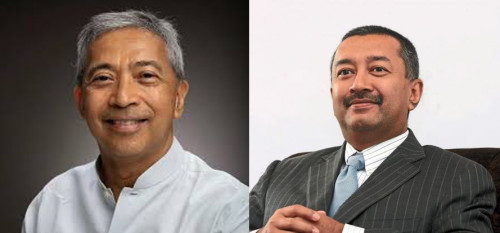
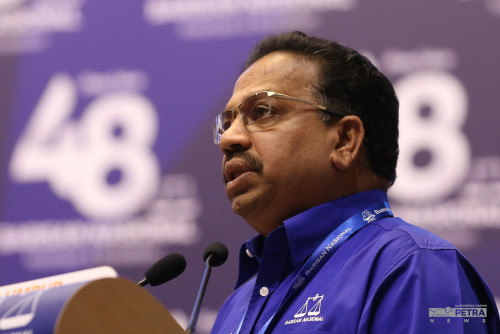
.jpg)
